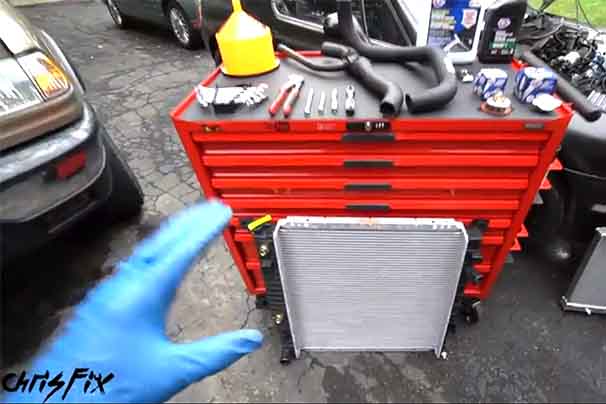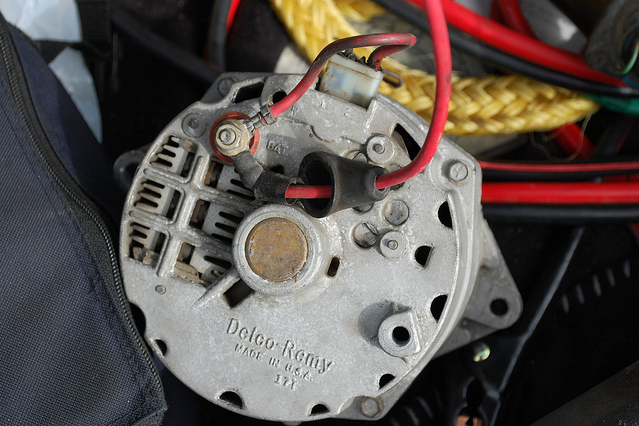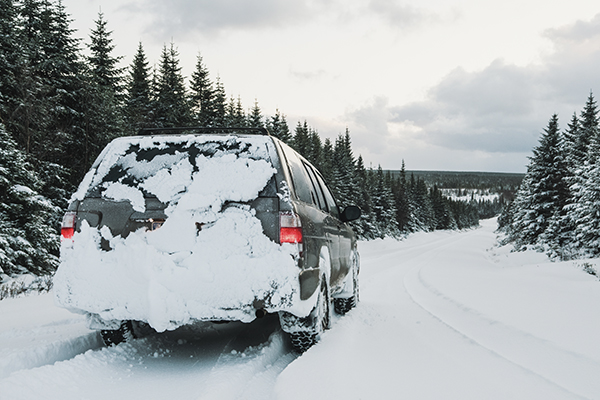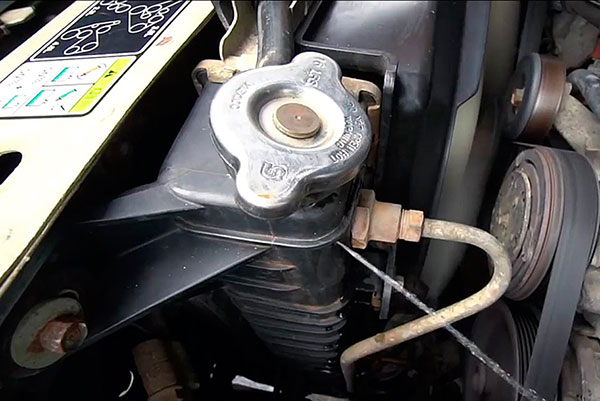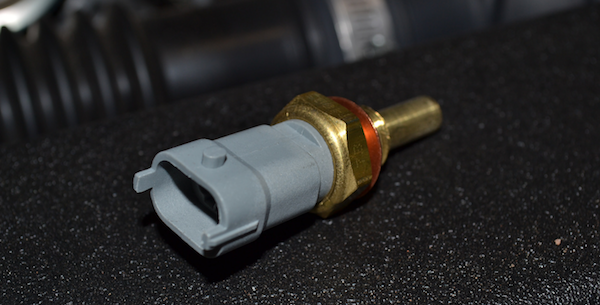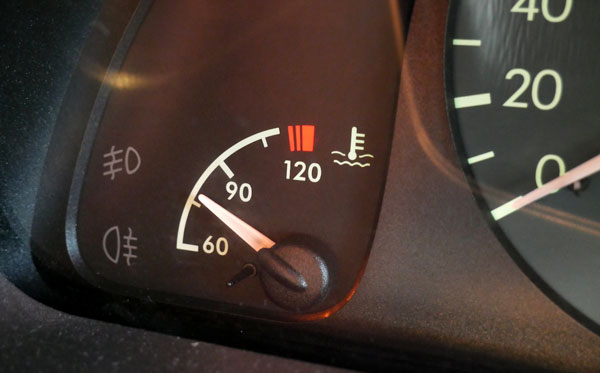Antifreeze and coolant are terms that are often used interchangeably. Are they the same thing, though? And how do you know what your vehicle needs? Read on to get the answers to your questions.

1. WHAT IS ANTIFREEZE/COOLANT?
Antifreeze and coolant are terms that are often used interchangeably. We'll clarify that a little later, but regardless of what you call it, coolant has several important jobs:
- Prevents your engine from freezing up in cold weather. Water works great to absorb heat, but coolant has a lower freezing point than water. If plain water were used instead of coolant, temperatures below 32 degrees Fahrenheit would cause it to freeze, and therefore, expand. That expansion in the many passages throughout the engine could lead to a cracked engine block or head, which is as expensive as it sounds. (Think replacing-your-engine level of expensive.) And then there's the radiator, heater core, and other parts that would face a similar fate. Coolant, on the other hand, has a freezing point of about -35 degrees Fahrenheit.
- Prevents your engine overheating during operation. Your engine creates a lot of heat. The water pump circulates coolant through the engine, and as it moves through the engine block, the coolant absorbs some of that heat to maintain optimal operating temperatures. That hot coolant then goes to the radiator, and heat is released as outside air passes over the radiator fins. And the cycle continues. The boiling point of coolant is 223 degrees Fahrenheit, which is close to the operating temperature of an engine.

The thermostat closes or opens in response to the coolant's temperature. | Source | Hoikka1
- Protects the engine and other cooling system components from rust and corrosion. All coolants have rust and corrosion inhibitors that help protect your engine, radiator, and all the other metal components in the cooling system.
- Heats the cabin. The radiator releases most of the coolant's heat into the outside air. Some of that hot coolant, however, is routed to the heater core, where it's used to heat the cabin. If you've ever taken your vehicle to your mechanic because you don't have heat in the winter, the first thing s/he would likely do is check your coolant level.
To avoid personal injury, only remove the radiator cap when the engine has cooled.
2. Is Antifreeze the Same as Coolant?
Coolant is a mix of antifreeze and water. Antifreeze is the component (ethylene glycol) that lowers the freezing point of coolant. The two terms are often used interchangeably, though.
3. WHAT IS ANTIFREEZE/COOLANT MADE OF?
The chemical in most coolants is ethylene glycol. Specifically, it's made of 47% ethylene glycol, 50% water, and 3% additives.

4. IS ALL COOLANT THE SAME?
No. Different manufacturers use different colors to identify their own formulations. Although the basic ethylene glycol and water mix is the same, the remaining 3% is an additive blend that does differ across manufacturers and is not always universally compatible. Unless you're using universal antifreeze, of course, which is formulated to be compatible with all OE antifreeze. Be sure to add your vehicle to select the correct coolant for your vehicle before purchase.
More is not always better. Coolant is a 50/50 mix of antifreeze and water for the best balance between a low freezing point and high boiling point. If you're tempted to use 100% antifreeze for super mega protection against the cold, think again. Pure coolant has a freezing point of 0 degrees Fahrenheit—not nearly as efficient as -35!
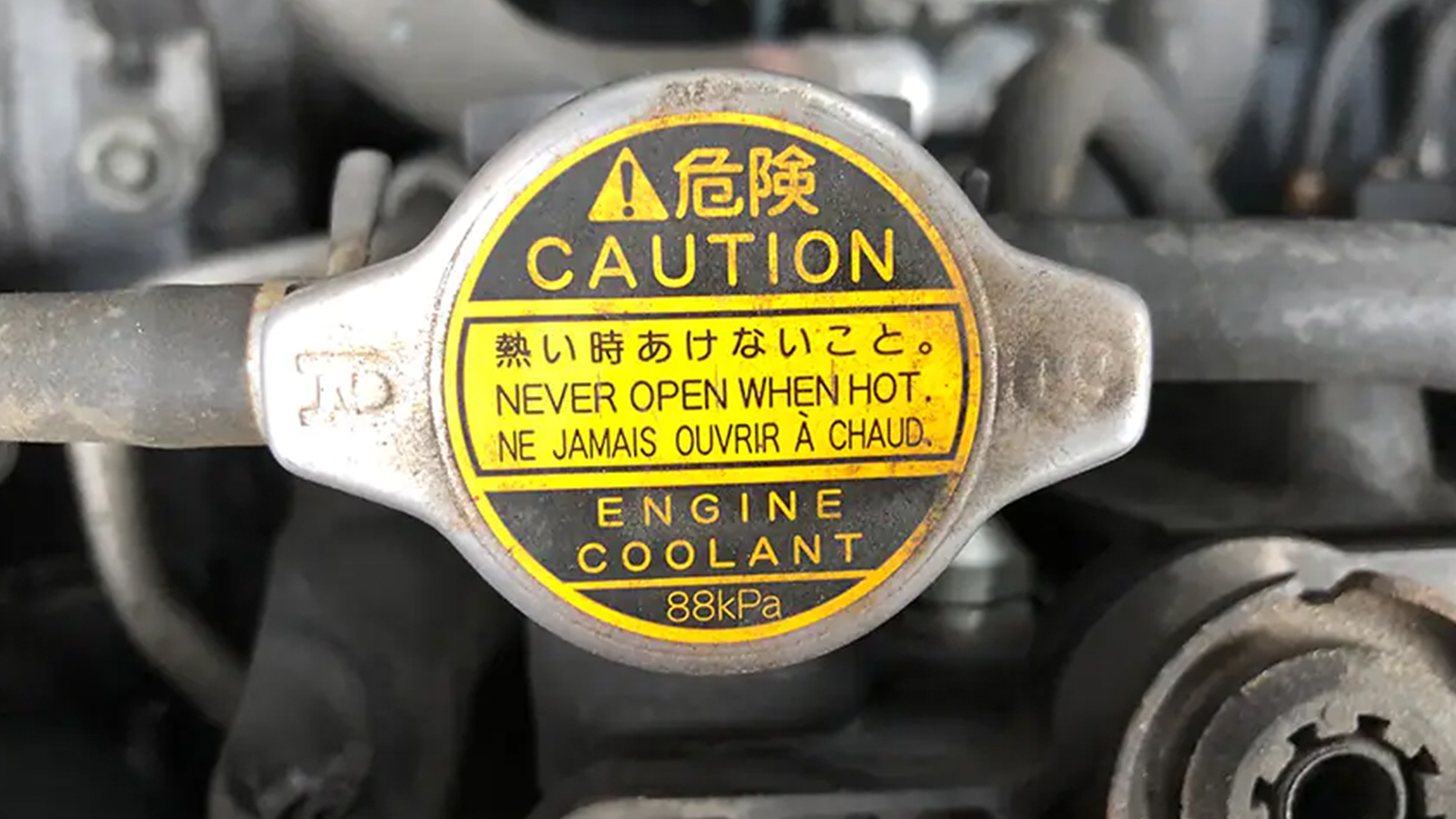
Source | Lisa Kowite
5. IS ANTIFREEZE SAFE FOR ANIMALS?
No. The original formulations of coolant were sweet, and therefore, attractive to pets and other wildlife. But, like most chemicals, coolant is highly toxic when ingested. There is an alternative type of coolant made from propylene glycol. It's still toxic, but because this type of coolant isn't sweet, it isn't as attractive to animals. However, not all vehicles can safely use propylene glycol coolant, so be sure to check your owner's manual before making this switch. It's also worth noting that many manufacturers now add embittering agents to coolant, which achieves the same goal of preventing ingestion.
To protect pets and wildlife, be sure to clean up any spills and recycle your used fluids.
6. WHY DO I NEED TO CHANGE MY ANTIFREEZE/COOLANT?
You should change your coolant regularly because it:
- Loses its effectiveness over time
- Picks up contaminating particles from your car's cooling system
- Ensures your vehicle's engine receives maximum protection
- Prevents corrosion damage to cooling system components
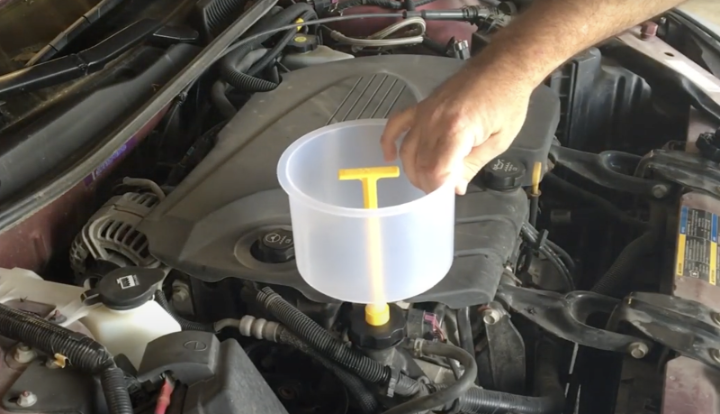
Try the Lisle spill-free funnel for easy and clean coolant service. | Advance Auto Parts
7. HOW OFTEN DO I NEED TO CHANGE MY ANTIFREEZE/COOLANT?
You should change your coolant at your manufacturer's recommended interval. Most guidelines suggest flushing your cooling system and replacing conventional coolant every one to two years, but some extended life antifreeze can last up to five years.
If you don't know your vehicle's service history, you can test your current antifreeze/coolant with an antifreeze tester.
8. WHAT'S THE BEST ANTIFREEZE FOR MY CAR?
Always check your owner's manual first for antifreeze information specific to your vehicle. Here are a few additional tips.
- Protection to -35 degrees F: Try Prestone 50/50 Antifreeze/Coolant, which can be poured directly from the bottle. We recommend premixed both for the convenience and the peace of mind that comes from knowing the concentration is correct.
- GM cars that require DEX COOL® antifreeze: Use Prestone Dex-Cool 50/50 Extended Life Antifreeze/Coolant. (GM owners, check your owner's manual).
- Universal Coolant: Prestone Concentrate Antifreeze/Coolant can be used in all makes and models and mixed with any color antifreeze.
